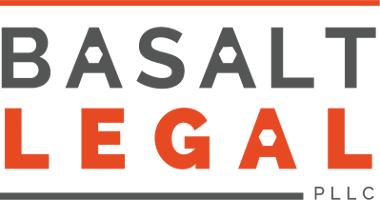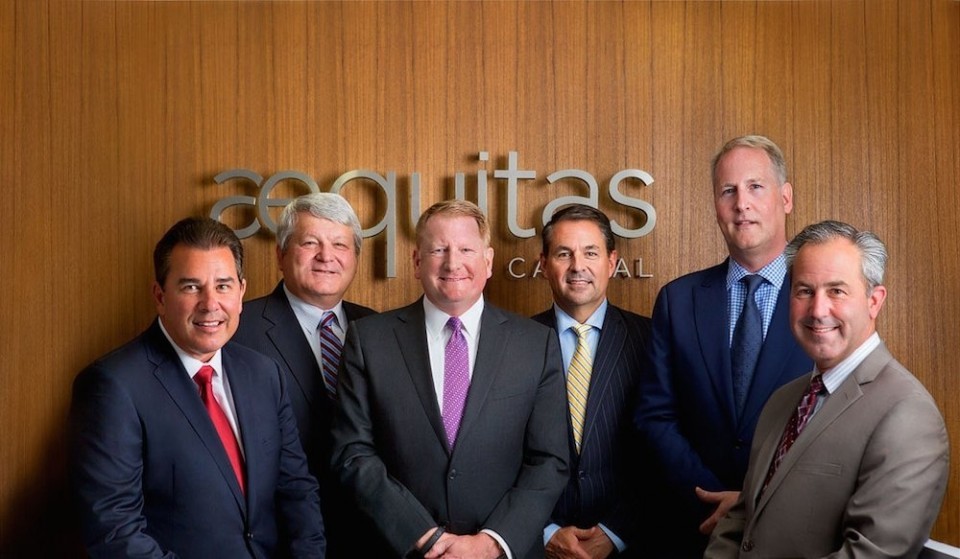- CALL TODAY
- 800.487.4660
AEQUITAS ONE YEAR UPDATE: Receiver’s Efforts May Disappoint Investors, New Report Shows
A recent report by the Aequitas Receiver, Ronald Greenspan, indicates that the vast majority of investors may not receive as much as anticipated from his efforts, and it’s not his fault.
First, a quick refresher on where the Aequitas debacle stands. Almost exactly a year ago, the US Securities & Exchange Commission (SEC) filed a civil lawsuit against Aequitas and its executive officers alleging that, after big losses in its investment in Corinthian Colleges student loan debt, Aequitas had become a “Ponzi-like” scheme. The only way Aequitas could make dividend and redemption payments was by taking money from new investors. (To review the pleadings in this case, click here.)
As part of the SEC’s litigation, the court also appointed a receiver to wind down Aequitas and distribute available funds to investors.
The Receiver’s initial report suggested that selling Aequitas assets would net investors 37.5-85 cents per dollar. Unfortunately, the Receiver’s assets so far have fallen short of even the low end of this estimate. (To be fair to the Receiver, this was a preliminary estimate.)
Instead, asset sales are on track to generate just 25 cents per dollar for investors.
The reason for this has to do with the incredible leverage Aequitas management placed on its assets. As of February 2017, the Receiver had sold approximately $86 million in assets, but $65 million of the sale proceeds went to pay off senior creditors. Maybe future sales will generate a better payout for investors, but
This is particularly galling to investors who thought their secured, subordinated notes were secured as opposed to subordinated, but this leverage has left the Receiver with little room to maneuver. Even if the Receiver sells Aequitas assets at good prices, so far 75% of sale proceeds have gone to institutional lenders rather than the individual investors who thought they were buying a safe investment.
The Receiver should be able to supplement the money he collects from selling assets with other recovery efforts. For example, the Receiver has been authorized to pursue approximately $7 million owed to Aequitas, and Aequitas also had about $15 million in professional liability insurance. The Receiver might be able to obtain the remaining value of these policies, although this money is also earmarked to pay the legal fees of Aequitas executives who are defendants in the SEC lawsuit. While this certainly feels unfair for Aequitas investors, the Receiver probably cannot stop Aequitas executives like Bob Jesnik from using some of this money to pay their legal fees.
The receivership is also costing investors every month, and there is no end to the receivership in sight. For the last six months of 2016, total costs for the Receiver, his consultants, and his lawyers exceeded $800,000 per month. And that figure is increasing! Moreover, the Receiver is still in the early stages of his receivership. Assets are still being sold. The Receiver might not even have audited financial statements for Aequitas entities yet. Distributions to investors cannot yet be seen on the horizon. There is no claims process in place for individual investors. In our view, the Receiver will still be working for (and billing) investors a year from now.
So what can investors do to reduce their investment losses? First, investors can educate themselves about what is happening with Aequitas. The Receiver’s website is an excellent resource, and we have written quite a bit about Aequitas too, which you can read here. Second, investors can and should consult with experienced investment fraud lawyers, who may be able to recover money from third parties—not part of the receivership—who share liability with Aequitas for investors’ losses. Potential defendants include investment advisors, brokerage firms, auditors, and others.
If you have questions about investment losses, the securities litigation attorneys at Investor Defense Law LLP may be able to help, and offer free consultations. Investor Defense Law LLP is a law firm dedicated to helping investors in California, Georgia, and Washington State recover investment losses. We understand investment fraud and know how to sue investment advisors, brokerage firms, and financial advisors. To learn more, contact an investment fraud attorney at 800.487.4660.





